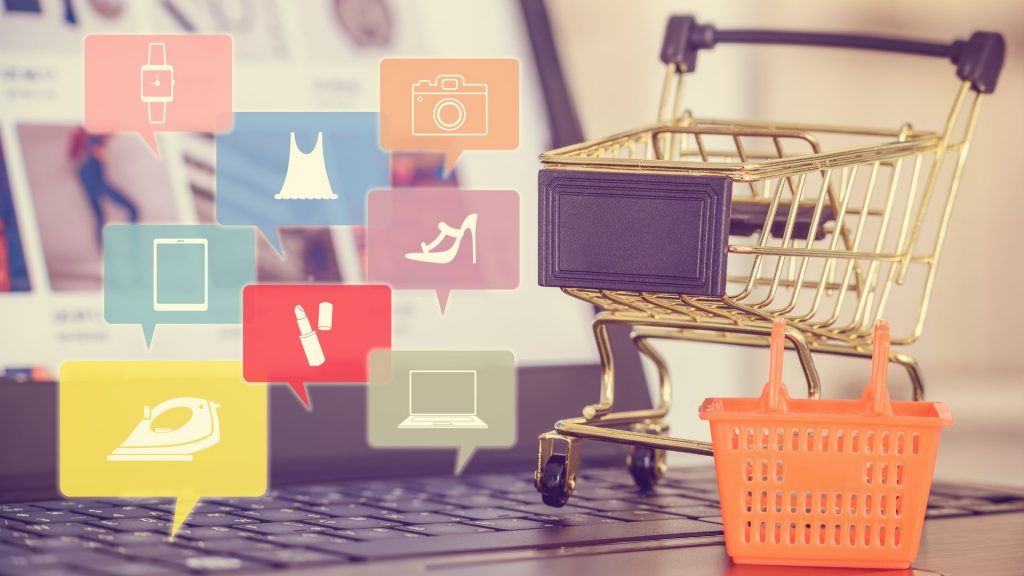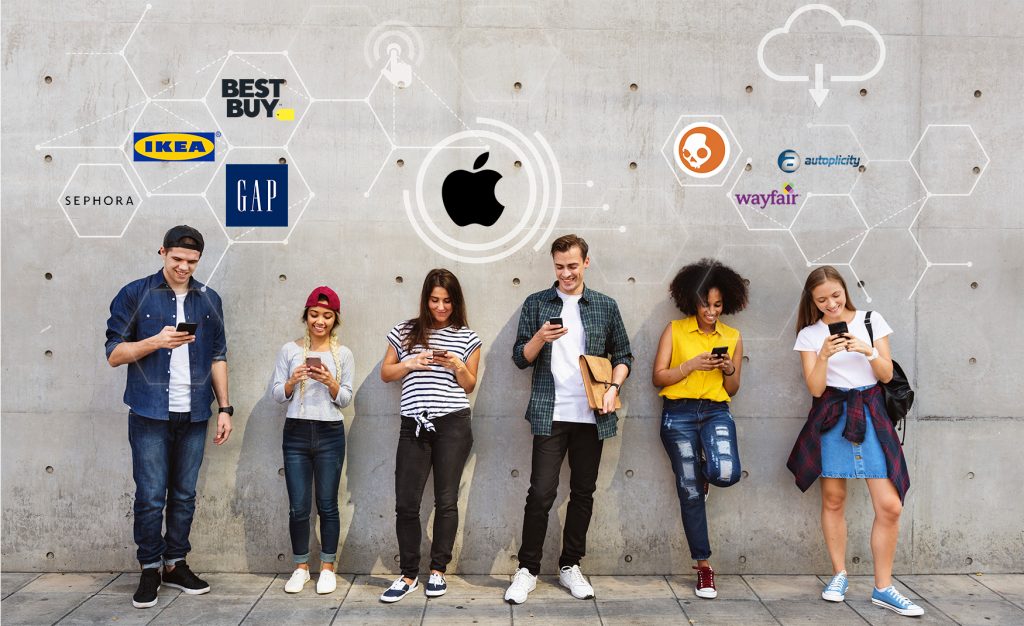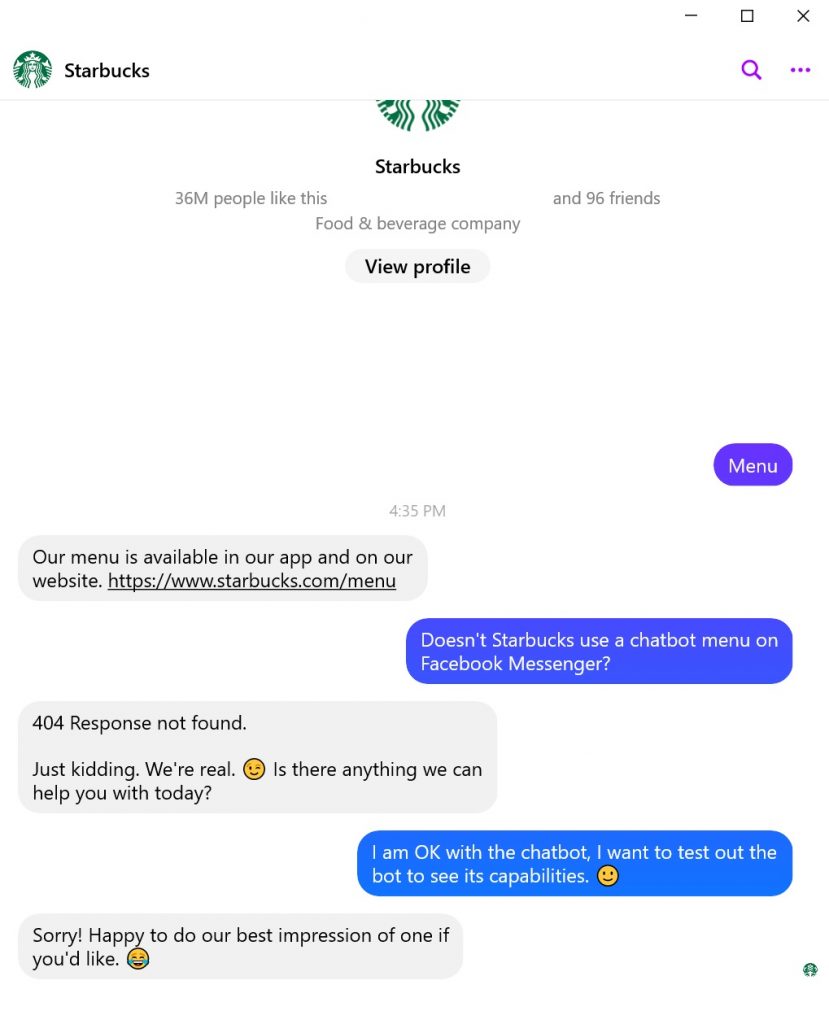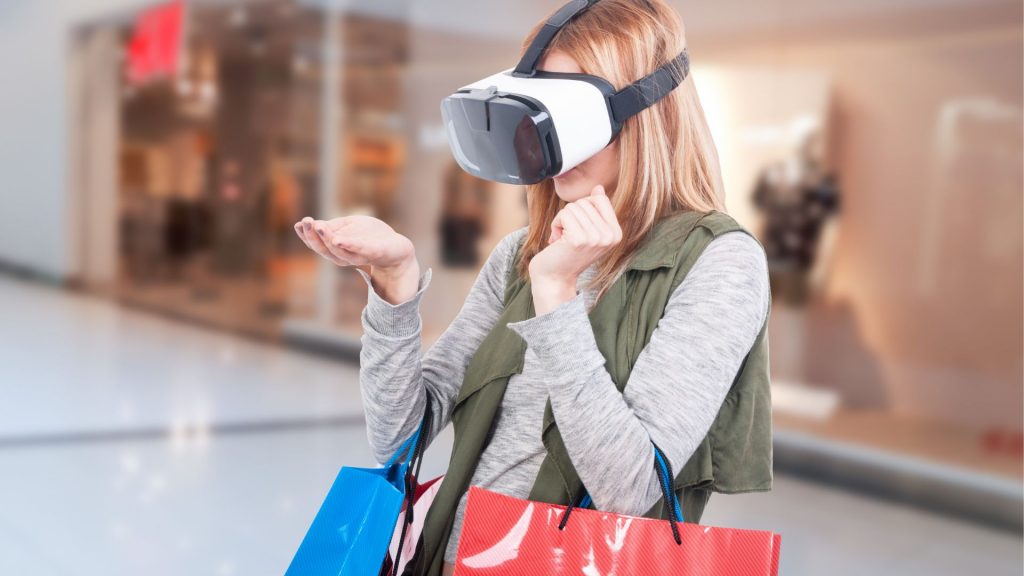The Importance of Personalization in Conversational Commerce
Elif Öztuna
Imagine walking into a clothing store where the salesperson knows your name and preferences and greets you warmly. They show you the latest arrivals in your favorite colors and styles and even suggest a new accessory that perfectly complements your new outfit. This type of personalized shopping experience is what conversational commerce is all about.
Now picture this: You’re shopping for a new pair of sneakers, and you come across a chatbot that asks if you need help finding the right pair. You type in your size, preferred style, and color, and the chatbot shows you options that meet your criteria. While browsing, the chatbot remembers what you like and don’t like, offering suggestions and even making personalized recommendations based on your previous purchases. This is the power of personalization in conversational commerce.

What is Conversational Commerce?
Conversational commerce is a relatively new concept that refers to the use of messaging platforms, such as Facebook Messenger, WhatsApp, and WeChat, to facilitate sales and customer service interactions. It’s a breath of fresh air for customers, as they can shop and receive support from the comfort of their own homes. Conversational commerce allows customers to have real-time, back-and-forth conversations with businesses, leading to a more meaningful and enjoyable shopping experience.

It’s like having a personal shopping assistant available 24/7 to answer questions, provide recommendations, and even process orders.
According to Statista, global spending on conversational commerce channels totaled about 41 U.S. billion dollars in 2021. That figure was forecast to grow almost sevenfold by 2025, amounting to some 290 billion U.S. dollars. This represents a significant increase from previous years and highlights the growing trend of conversational commerce as a preferred method of shopping for consumers.
Further Reading – What Is Conversational Commerce and Why Is It Important?

Learn about conversational commerce and ways to leverage it to convert customer relationships into revenue drivers. Read more now!
The Benefits of Personalized Conversational Commerce for Businesses
For starters, personalization in conversational commerce helps businesses to build a loyal customer base. Why? Because when customers have a positive shopping experience, they are more likely to return and make more purchases. And as we all know, customer retention is cheaper than customer acquisition.
Additionally, personalization allows businesses to gather valuable data about their customers, like their shopping preferences, demographics, and behaviors. Then this information can then be used to create targeted marketing campaigns and take the benefit of retargeting ads.
A survey by Segment uncovered that 52% of consumers agree that as personalized digital experiences with brands become more personalized, their satisfaction improves. This underscores the substantial influence of integrating personalized conversational commerce into business strategies.
How Personalization Enhances the Customer Experience
Personalization is a critical component of conversational commerce and can significantly enhance the customer experience. Personalization involves using data and insights to create tailored experiences for each customer, like personalized product recommendations, customized messaging and offers.
Personalization helps to build trust and establish a relationship between the customer and the business. When customers feel that a business truly understands their needs and preferences, they are likelier to continue doing business with that company. Personalization also makes the customer feel valued and appreciated increasing customer loyalty and satisfaction.
Further Reading – 8 Top Brands on Social Media Customer Service: The Experiment

We contacted top brands on social media and analyzed their responses to test their social media customer service performance. Read more now!
Examples of Personalization in Conversational Commerce
Many e-commerce brands use conversational commerce to provide personalized shopping experiences to their customers. For example, Nike‘s chatbot, Nike Expert, assists customers with product information and helps them find the perfect pair of shoes based on their personal preferences. Meanwhile, the online fashion retailer, ASOS, uses a chatbot to guide customers with product recommendations and to offer a seamless shopping experience.
There are countless cases of personalization in conversational commerce, but here are a few more standout examples:
Sephora: Popular beauty brand’s chatbot on Facebook Messenger helps customers find products based on skin type, tone, and concerns. The chatbot also provides personalized recommendations and tutorials based on the customer’s past purchases.
Zara: The fashion retailer has a chatbot on WhatsApp that allows customers to browse collections, receive updates on new arrivals, and even make purchases. The chatbot offers personalized recommendations based on the customer’s past purchases and browsing history.

Starbucks: The coffee giant’s chatbot on Facebook Messenger allows customers to order their favorite drinks and even pay for them directly through the chatbot. The chatbot also presents personalized recommendations based on the customer’s previous orders.
Adidas: The sportswear brand has a chatbot on Facebook Messenger that helps users find the perfect pair of shoes based on their favorites and fitness goals. The chatbot also offers personalized training tips and recommendations for sports gear based on the customer’s past purchases and activity tracking data.
H&M: The fashion brand has a chatbot on Twitter that allows customers to browse collections, receive updates on new arrivals, and make purchases.
The Future of Personalization in Conversational Commerce
The future of personalization in conversational commerce is looking brighter than ever. With AI and machine learning advancements, businesses have the ability to offer customers increasingly personalized experiences. The possibilities are truly endless in the world of e-commerce, with personalization only being the tip of the iceberg.

For example, augmented and virtual reality technologies are being integrated into the customer experience, allowing shoppers to try on clothes, furniture, and other products before making a purchase. The outcome is due to optical character recognition and pre-learned ML data. This level of immersion is a major step forward in e-commerce and has the potential to change the way we shop altogether.
Another innovative development is the integration of voice assistants like Alexa and Google Home into the shopping experience. As you know, these devices make hands-free shopping a reality and allow users to purchase items with just their voice. These technologies continue to advance and become more integrated into our daily lives, making the shopping experience even more convenient and effortless.
The Role of Data Privacy and Security in Personalization
Data protection and security are vital components of personalization in conversational commerce. With customers sharing their personal details, such as their preferences and shopping behavior, businesses must guarantee that their data is safe and secure and not misused in any way.
Companies must implement robust privacy and security measures to establish trust and foster customer loyalty, such as encryption, secure storage, and data backup. They must also have clear and concise privacy policies explaining how customer data will be handled, shared, and protected.
Moreover, businesses must follow data privacy regulations, such as the EU’s GDPR and California’s CCPA. By prioritizing data privacy and adhering to the law, companies can provide a trustworthy shopping experience for their customers, which is essential in building a positive relationship with them.
Last Words
If you want to stay ahead of the curve, personalization should be in your conversational commerce priorities. By offering personalized customer experiences, you can improve customer satisfaction, increase sales, and gain a competitive advantage simultaneously.
So, the next time you think about improving your business, consider the power of personalization in conversational commerce. It just might be the “missing piece to the puzzle” that takes your brand to the next level.
FAQ
Conversational commerce refers to the use of messaging platforms to facilitate sales and customer service interactions between businesses and customers.
Personalization in conversational commerce involves using data and insights to create tailored experiences for each customer, such as personalized product recommendations, customized messaging and offers. This helps to build trust and establish a relationship between the customer and the business.
Personalization helps businesses build a loyal customer base, gather valuable customer data, and create targeted marketing campaigns. It also improves customer satisfaction and loyalty.
Some examples of personalization in conversational commerce include Nike’s chatbot “Nike Expert,” Sephora’s Facebook Messenger chatbot, Zara’s WhatsApp chatbot, Starbucks’ Facebook Messenger chatbot, Adidas’ Facebook Messenger chatbot, and H&M’s Twitter chatbot.
Related Article – How to Deliver Personalized Customer Service

Delivering personalized customer service with tools like Juphy enhances your brand reputation from many perspectives. Read more now!
